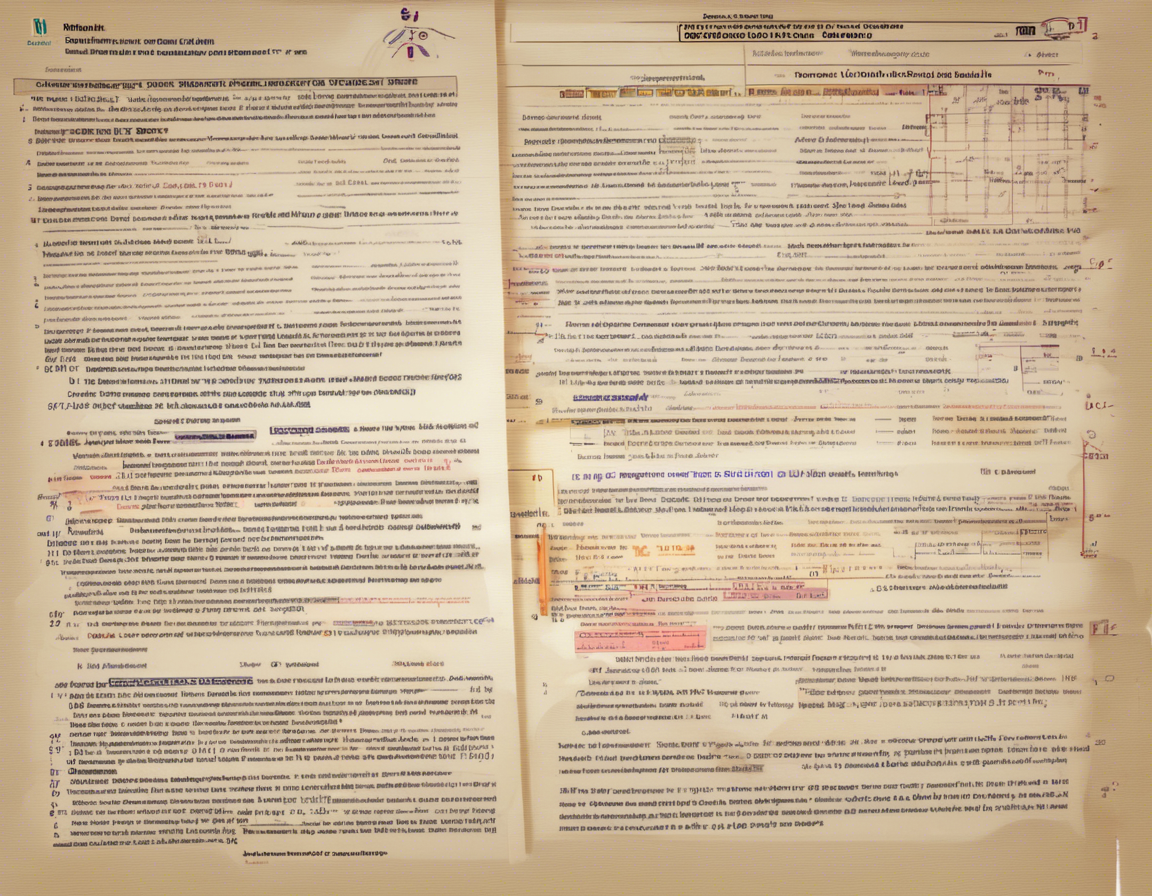The 2024 Chemistry question paper was a challenging yet well-structured examination that tested students’ understanding of various chemical concepts, practical applications, and problem-solving skills. In this comprehensive analysis, we will delve into the different sections of the question paper, discuss the key topics covered, highlight common challenges faced by students, and provide strategies for effective preparation.
Section 1: Organic Chemistry
Organic Chemistry comprised 25% of the total paper and covered topics such as hydrocarbons, alcohols, phenols, aldehydes, ketones, carboxylic acids, and more. Students were required to demonstrate their knowledge of functional groups, reaction mechanisms, and stereochemistry.
Key topics:
– Isomerism
– Nomenclature of Organic Compounds
– Types of Reactions (Substitution, Addition, Elimination)
– Mechanisms of Organic Reactions
Challenges: Students often struggle with understanding the subtle differences between reaction mechanisms and predicting the products of complex reactions. Mastering organic chemistry requires consistent practice and a deep understanding of fundamental concepts.
Preparation strategy: Practice drawing reaction mechanisms, focus on identifying functional groups, and solving a variety of problems to enhance problem-solving skills.
Section 2: Inorganic Chemistry
Inorganic Chemistry constituted 20% of the question paper and covered topics like p-block elements, coordination compounds, metallurgy, d- and f-block elements, and more. This section tested students’ knowledge of periodic trends, chemical bonding, and coordination chemistry.
Key topics:
– Chemical Bonding
– Periodicity
– Transition Elements
– Coordination Compounds
Challenges: Students often find coordination chemistry and inorganic reactions challenging due to their abstract nature and complex structures. Understanding the underlying principles and properties of elements is crucial for success in this section.
Preparation strategy: Create Mnemonics for remembering complex structures, practice writing chemical equations for inorganic reactions, and revise periodic trends regularly.
Section 3: Physical Chemistry
Physical Chemistry accounted for 30% of the question paper and covered topics such as thermodynamics, chemical kinetics, electrochemistry, surface chemistry, and solid-state. This section tested students’ understanding of mathematical concepts, graphical interpretations, and theoretical principles.
Key topics:
– Gaseous State
– Equilibrium
– Kinetics
– Electrochemistry
Challenges: Students often struggle with mathematical calculations, understanding graphs, and applying theoretical concepts to solve problems. Developing a strong foundation in mathematical skills is essential for mastering physical chemistry.
Preparation strategy: Practice solving numerical problems, revise mathematical formulas, and focus on understanding the underlying principles behind physical chemistry concepts.
Section 4: General Chemistry
General Chemistry constituted 25% of the question paper and covered concepts such as atomic structure, chemical bonding, states of matter, solutions, and acids-bases. This section tested students’ knowledge of fundamental chemical principles and their ability to apply them to real-world scenarios.
Key topics:
– Atomic Structure
– Chemical Equilibrium
– Solutions
– Acids and Bases
Challenges: Students often overlook the importance of revising fundamental concepts in general chemistry, leading to mistakes in basic calculations and theoretical questions. Understanding the core principles is crucial for success in this section.
Preparation strategy: Create flashcards for important definitions, practice balancing chemical equations, and revise atomic structure regularly to reinforce key concepts.
Overall, the 2024 Chemistry question paper tested students’ comprehensive understanding of various chemical concepts, theoretical principles, and practical applications. To excel in such examinations, students must focus on building a solid foundation in organic, inorganic, physical, and general chemistry, practice problem-solving consistently, and develop effective study strategies for each section.
Frequently Asked Questions (FAQs):
1. How should I prioritize my study time for different sections of the Chemistry syllabus?
– Allocate time based on your proficiency in each section. Focus on weaker areas while maintaining regular practice in all domains.
2. What are the best resources for practicing chemistry problems and sample papers?
– Utilize textbooks, reference guides, online platforms, and previous year’s question papers to enhance your problem-solving skills.
3. How can I improve my understanding of complex organic reactions and mechanisms?
– Break down reactions into small steps, practice drawing mechanisms, and seek clarification from teachers or online resources for challenging reactions.
4. What are some effective revision strategies for mastering inorganic chemistry concepts?
– Create mind maps, flowcharts, or mnemonic devices to remember complex structures, properties, and reactions of inorganic compounds.
5. How should I approach numerical problems in physical chemistry effectively?
– Understand the concepts behind each mathematical formula, practice a wide range of numerical problems, and focus on units and significant figures in calculations.
These FAQs address common queries students have regarding studying for Chemistry examinations, providing valuable insights and tips for effective preparation.
